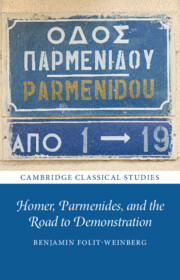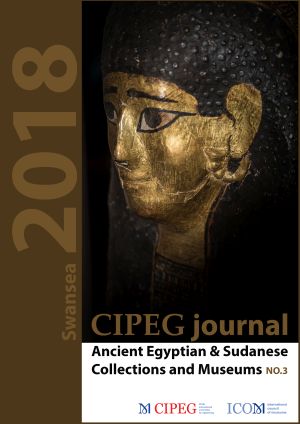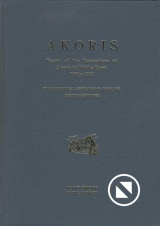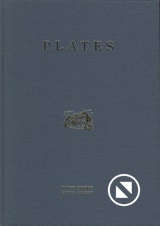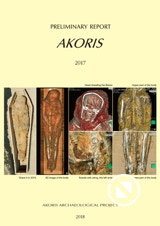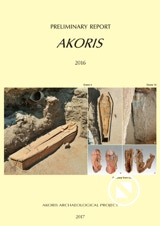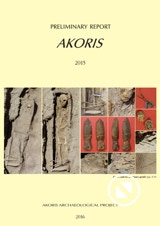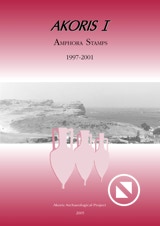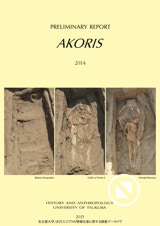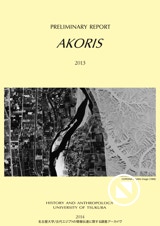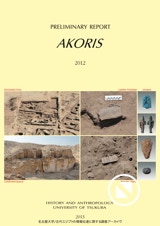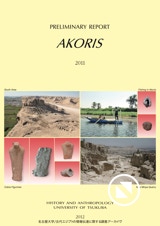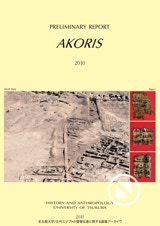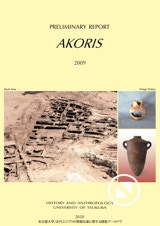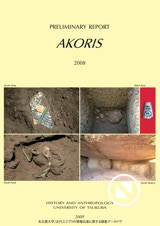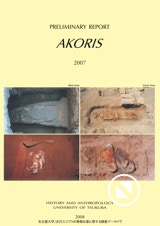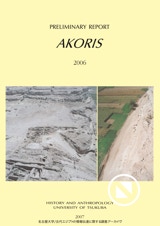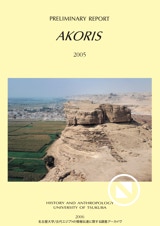- Publisher: Cambridge University Press
- Online publication date: June 2022
- Print publication year: 2022
- Online ISBN: 9781009047562
- DOI: https://doi.org/10.1017/9781009047562
It is widely agreed that Parmenides invented extended deductive argumentation and the practice of demonstration, a transformative event in the history of thought. But how did he manage this seminal accomplishment? In this book, Benjamin Folit-Weinberg finally provides an answer. At the heart of this story is the image of the hodos, the road and the journey. Brilliantly deploying the tools and insights of literary criticism, conceptual history, and archaeology, Folit-Weinberg illuminates how Parmenides adopts and adapts this image from Homer, especially the Odyssey, forging from it his pioneering intellectual approaches. Reinserting Parmenides into the physical world and poetic culture of archaic Greece, Folit-Weinberg reveals both how deeply traditional and how radical was Parmenides' new way of thinking and speaking. By taking this first step toward providing a history of the concept method, this volume uncovers the genealogy of philosophy in poetry and poetic imagery.
